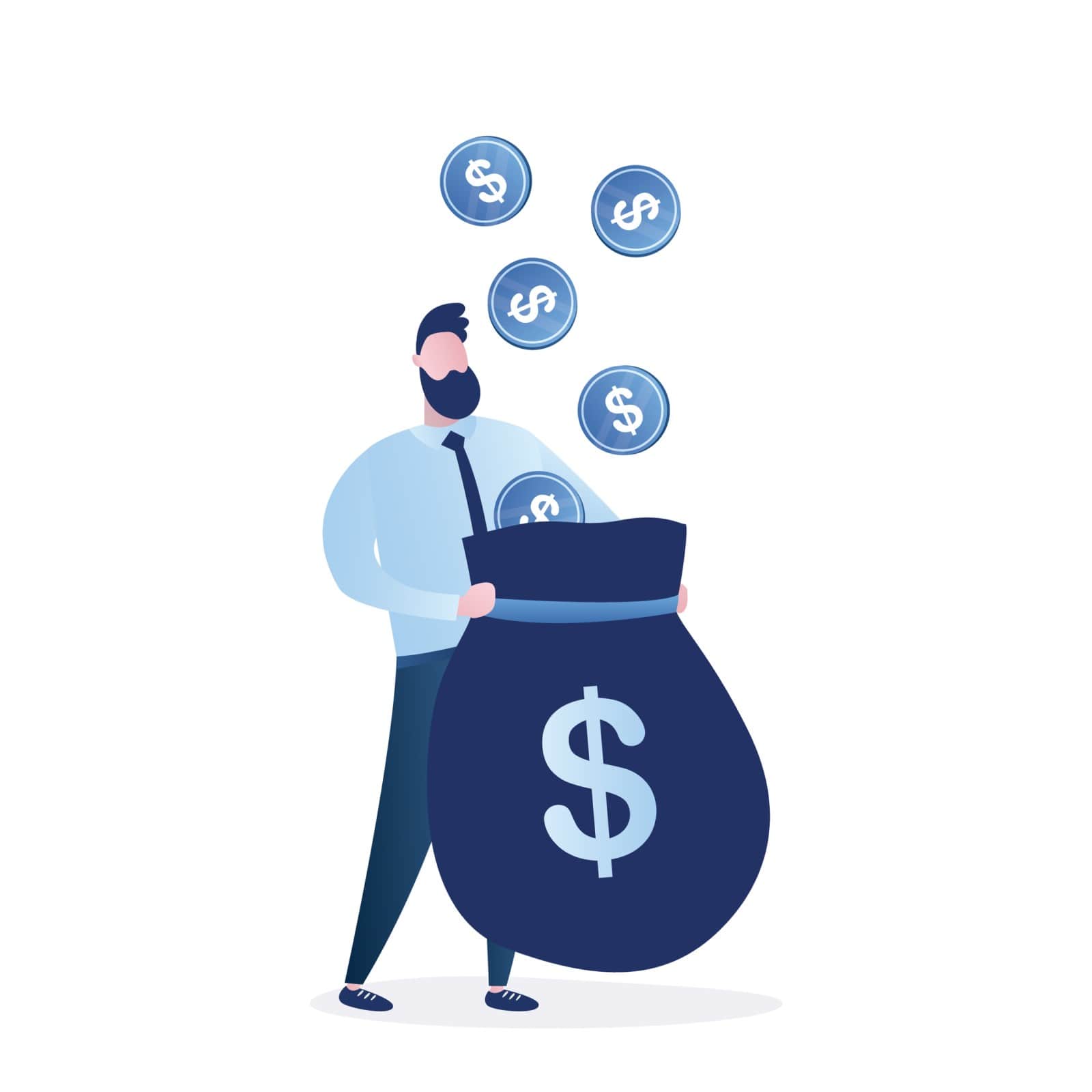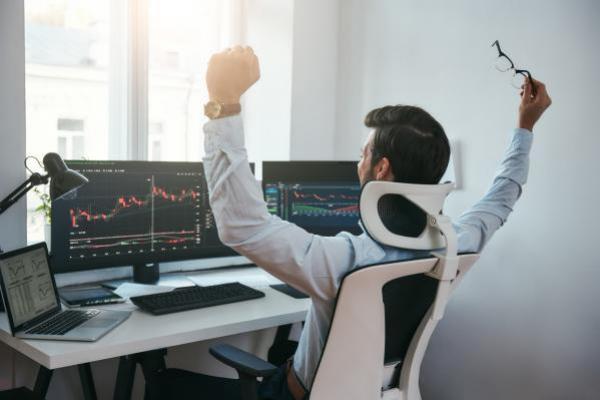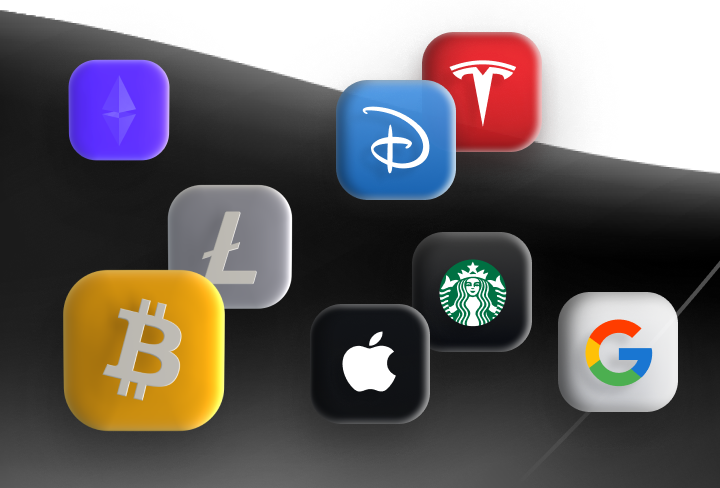Becoming a Forex Trader: A Comprehensive Guide
What is a trader? A trader is one of the most used words in the financial vocabulary. It seems easy: if you trade an asset, you can be called a trader. Still, not everyone who has ever tried market trading can be called a trader. The trader term has many hidden aspects inside. Let's figure them out.
Who a Trader Is: Definition
Before we teach you how to become a trader, you should understand the meaning of a trader. There are two terms that are often used simultaneously. They are an investor and trader. Where does the difference lie? What is a trader, particularly? In general, both terms can be used. However, if we need to specify, we should separate them.
An investor is a person who puts their money in an asset for an extended period and waits for the profit. Usually, investors open positions in one direction. If they own the security, they sell it. If not, they buy it and wait until the price rises to sell and get the profit.
A trader is a person who speculates on the asset’s price.
What does a trader mean? A trader is a person who speculates on the asset’s price. It's possible both to buy and sell an asset at once without owning it. The idea is to catch the market direction and trade according to it. The trader can open as many positions as his/her funds allow.
Trader Types
There are many classifications of traders. We will start with independence.
Level of Independence
Independence shows whether the trader operates on behalf of others or for a personal result.
Trading on behalf of others. Some traders work on behalf of a client. They don't spend their own money but trade with the client's funds. Their profit is the commission they take for the service. Although they don't risk their money, they risk their reputation.
Such traders should have solid experience and a high rate of successful trades. Usually, they work for an institution or a company, which owns enough money to enter the real market. Let us remind you that one standard lot equals €100,000.
Trading on behalf of others is the second step in your trading career that requires professional education, long-term experience, and confirmed skills.
Independent trader. There are also those people who trade without any assistance except for the help of a broker that provides an online platform. In such a case, traders risk their own money, while profit and loss are also born by them. It can be your first step in a trading career, where you gain enough experience before working for an institution. Still, many traders don’t aim to work for others and make their potential income using their own funds. In this article, we will talk about them.
Trading Style
The next classification is the trading style. Traders use various timeframes, as well as open and close trades differently. Thus, their approaches to trading vary according to their purpose.
- Intraday trader. An intraday trader is the one that opens and closes positions within one trading day. This way of trading works well if you don't want to handle a swap.
Swap is a small sum that is either charged or paid for keeping the trade overnight. If you use a MetaTrader platform, it can be easily checked there. Open the “Market Watch” panel, click on the currency pair you want to trade, choose “Specification”. The window with the information about the instrument will appear. There you can find the size of the swaps for long and short trades.

- Swing trader. A swing trader is the one who waits for the market to change its direction. Swing traders use technical analysis to predict the price reversal and trade within a trend. Usually, they hold a trade for longer than a day as the strong trend forms over the course of several days.
- Scalper. The purpose of the scalper is to make a potential profit by opening many trades within a day. The number of positions may amount to hundreds. Such a trader uses small timeframes. The risk is hidden in the spread, a commission paid to a broker for opening a position.
- Momentum trader. A momentum trader is the one that determines the strong trend and trades within it. The asset should have a significant volume. The trade is kept for at least several days regarding the chosen timeframe.
Analysis
Traders use various types of market analysis to predict the price direction.
- Technical analysis. Such traders rely on past market movements. They use technical tools such as chart and candlestick patterns and indicators that reveal the market direction.
- Fundamental analysis. Fundamental traders believe that market sentiment affects the price direction. The market mood is based on current events, not past movements. To predict the asset's direction, they read the news and check the economic calendar. Positive events will lead to the rise of the asset; negative events will cause the depreciation of it.
- Mix. Nevertheless, some traders prefer combining both methods. They win the most as technical analysis can't measure the current market sentiment properly, and fundamental analysis doesn't include indicators that could predict certain price levels.
Tools to Become a Trader in Financial Markets
Many newbies ask how to become a trader. Fortunately, to become a trader, you don't need specific certification, qualification, or equipment. But the situation might be different if you are not going to work for a financial institution and present other people's interests.
Generally, all you need is:
- Computer or smartphone. Most of the online brokers provide a convenient mobile version of the trading platform. Thus, you can trade whenever and wherever you want, just by having an Internet connection.
- Basic knowledge about the financial markets. Although you don't need to pass tests and provide certificates to a broker, it's vital to know how the FX market works. Without it, you will lose immediately.
- A reliable broker. Unless you have enough funds to trade without a broker, you should find a reliable brokerage firm to present your interests and open trades on the market. A trustworthy broker provides clear conditions, has international certificates, and has many satisfied clients.
- Some funds. Although brokers provide leverage options, you should have at least €100 to enter the market. Remember that the funds you have determine the size of trades, the amount of possible profit, and the ability to handle unpleasant market situations when the market moves against you.
Leverage is the kind of fund support the broker offers to a trader to open more significant trades. It's not a loan, so the trader doesn't have to return the money.

Why to trade with Libertex?
- access to a demo account free of charge
- technical assistance to the operator 5 days a week, 24 hours a day
- leverage up to 1:500
- operate on a platform for any device: Libertex and Metatrader 4 and 5
- no commissions for extractions in Latin America




